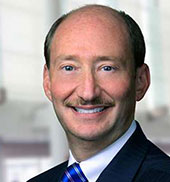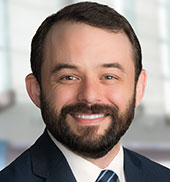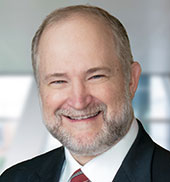The Department of Health and Human Services (DHHS) recently clarified a long-running question of who may provide premium relief to certain insurance beneficiaries and when insurers must accept such relief. In an interim final rule released March 14, DHHS mandated, effective immediately, that insurance companies that sell qualified health plans (QHPs) and stand-alone dental plans must accept premium and cost-sharing payments from (1) Ryan White HIV/AIDS Programs, (2) Indian tribes, tribal organizations, or urban Indian organizations and (3) State or Federal government programs. Providers and other third parties, outside of those designated in the rule, who would wish to provide similar premium assistance were specifically discouraged from doing so.
Insurers that turn down payments by these groups are now subject to civil monetary penalties of up to $100 per day per beneficiary. In the preamble to the rule, DHHS once again reinforced the idea that it remains “concerned that third-party payment of premium and cost-sharing provided by hospitals, other health care providers, and other commercial entities could skew the insurance risk pool and create an unlevel field in the insurance market.” Such activity by these specific parties remains expressly discouraged.
Last month's interim final rule comes after a period of uncertainty on the matter stemming back to October 2013 when DHHS Secretary Kathleen Sebelius stated in a letter that QHPs would not qualify as federal health care programs for the purpose of the federal anti-kickback statute. At this time, health care providers, supply manufacturers and pharmaceutical companies were quick to recognize that this conclusion opened the door to provision of financial assistance to QHP beneficiaries in an effort to keep these individuals insured so that their often-expensive bills would be covered.
In response, in November 2013, DHHS released an FAQ that contained a statement that insurers in the QHP markets should not accept premium payments from hospitals, other providers and other commercial entities. The statutory basis for this “discouragement” has been widely questioned, and conversely some insurers have used the language as a basis to deny any and all premium payments from third parties. This interim final rule, and preamble commentary, further reinforces that DHHS continues to actively discourage premium assistance by hospitals or other providers for beneficiaries of QHPs, and that providers should seriously consider the regulatory implications before proceeding with any such premium assistance programs.


















